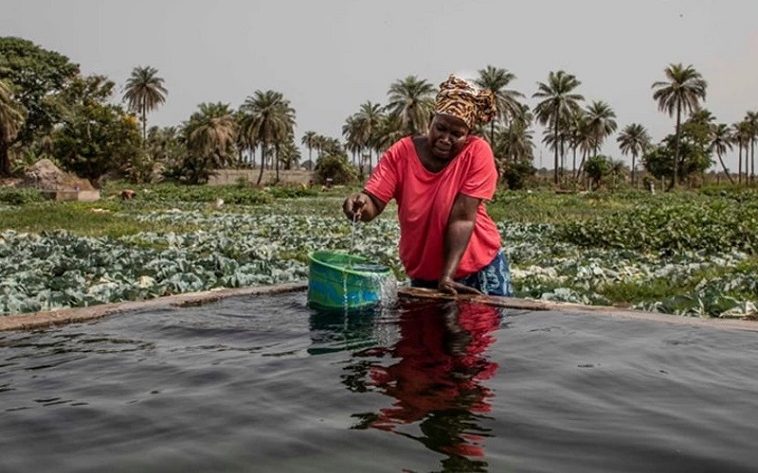The African Union’s regional health body has declared the Mpox outbreak, commonly known as monkeypox, a public health emergency on the continent due to its highly infectious nature.
Data from the regional Centre for Disease Control reveal that, since the beginning of 2022 and as of 28 July 2024, a total of 37,583 cases and 1,451 deaths (case fatality rate [CFR]: 3.9%) of Mpox have been reported across 15 African Union Member States (AU MS): Benin, Burundi, Cameroon, the Central African Republic (CAR), Congo, the Democratic Republic of the Congo (DRC), Egypt, Ghana, Liberia, Morocco, Mozambique, Nigeria, Rwanda, Sudan, and South Africa (see Table 1). In 2023 alone, 14,957 cases and 739 deaths (CFR: 4.9%) were reported in seven AU MS. This represents a 78.5% increase in the number of new cases compared to 2022.
As of 28 July 2024, a total of 14,250 cases (2,745 confirmed; 11,505 suspected) and 456 deaths (CFR: 3.2%) of Mpox have been reported from 10 AU MS: Burundi (8 cases; 0 deaths), Cameroon (35 cases; 2 deaths), CAR (213 cases; 0 deaths), Congo (146 cases; 1 death), DRC (13,791 cases; 450 deaths), Ghana (4 cases; 0 deaths), Liberia (5 cases; 0 deaths), Nigeria (24 cases; 0 deaths), Rwanda (2 cases; 0 deaths), and South Africa (22 cases; 3 deaths). This marks a 160% increase in cases and a 19% increase in deaths in 2024 compared to the same period in 2023. The DRC accounts for 96.3% of all cases and 97% of all deaths reported this year. Additionally, Chad has reported 24 suspected cases with no confirmed cases this year.
During the declaration of Mpox as a Public Health Emergency of Continental Security (PHECS) in Addis Ababa, Ethiopia, the Director General of the Africa CDC, Dr. Jean Kaseya, stated, “This is not just an African issue. Mpox is a global threat, a menace that knows no boundaries, no race, no creed. It is a virus that exploits our vulnerabilities, preying on our weakest points. And it is in these moments of vulnerability that we must find our greatest strength and demonstrate that we have learned from COVID by applying solidarity.”
He emphasised, “This declaration is not merely a formality; it is a clarion call to action. It is a recognition that we can no longer afford to be reactive. We must be proactive and aggressive in our efforts to contain and eliminate this threat. This declaration aims to enhance the global response, mitigate the impact of this health threat, and protect public health while minimising disruptions to travel and trade. Let me be clear: there will be no interruption to the movement of people and goods.”
What is Mpox, and How is it Spread?
Mpox is a virus that spreads from animals to humans and between people through close contact. The virus can cause symptoms such as fever, muscle aches, and lesions across the body. If left untreated, it can be fatal.
There are two main strains of the virus: one is milder and caused the global outbreak in 2022, primarily spreading through sexual contact; the other is more deadly and endemic to central Africa, linked to a newly discovered variant in the Democratic Republic of the Congo.
READ ALSO: Expanding Regional Trade Networks in Africa: A Strategy for Growth
While there are three vaccines available, they are typically reserved for individuals at high risk or those who have been in close contact with an infected person. Dr. Kaseya mentioned plans to secure 10 million doses to limit the spread of the disease in Africa.
In his call to action, Dr. Kaseya urged, “To our global partners, we call upon you to stand with us in this critical hour. Africa has long been on the frontline in the battle against infectious diseases, often bearing this burden with limited resources. But the fight against Mpox requires a global response. We need your support, your expertise, and your solidarity.”




